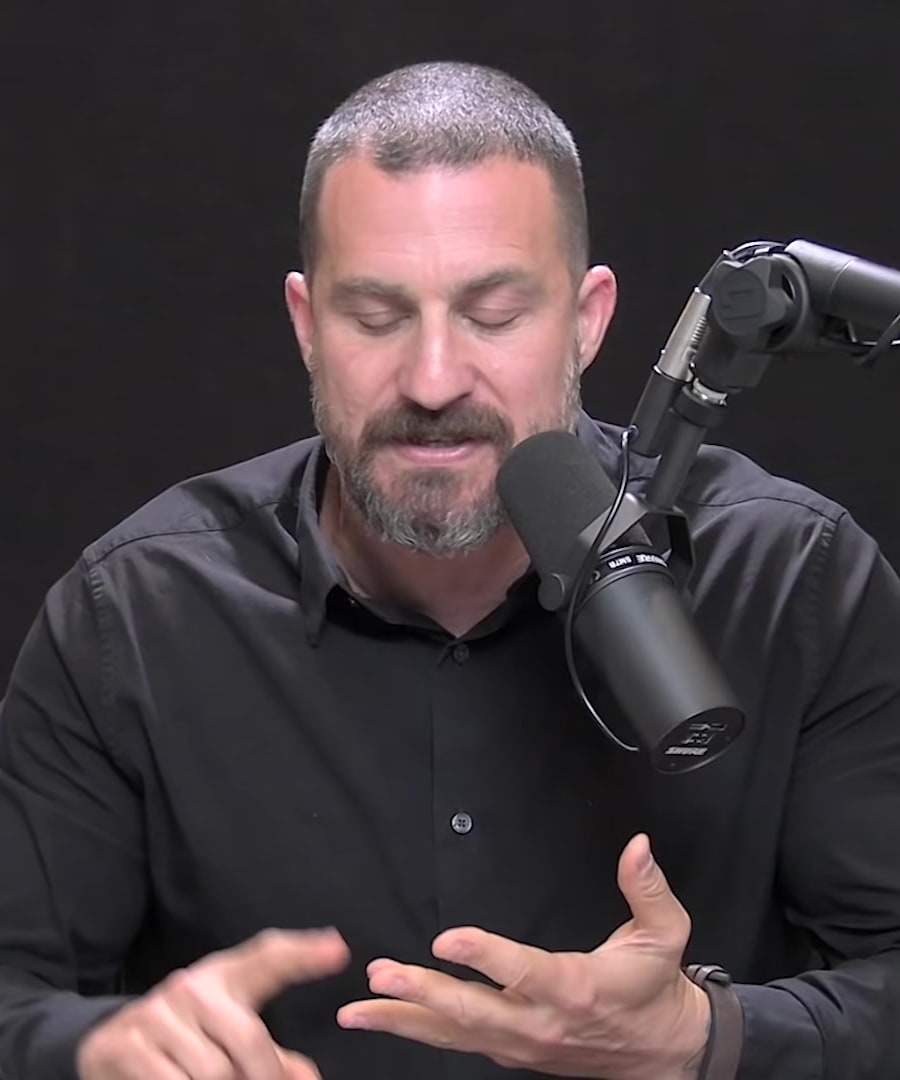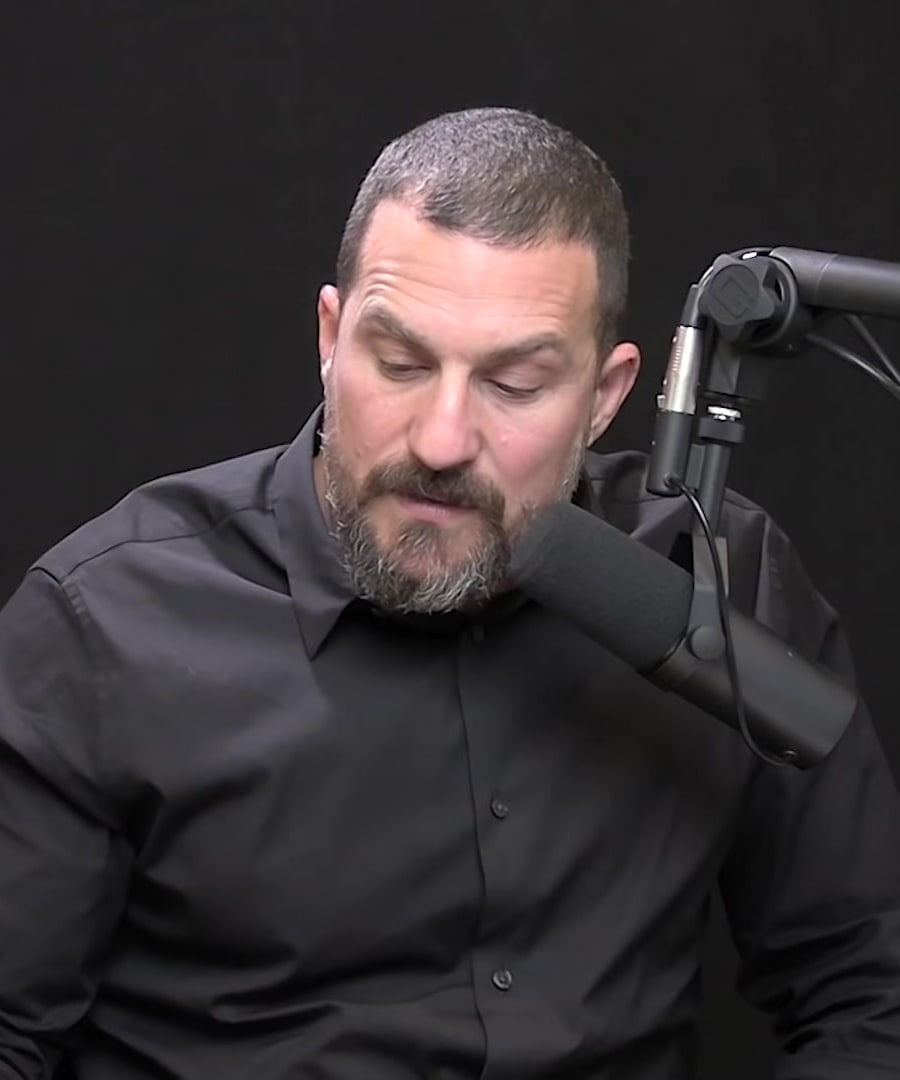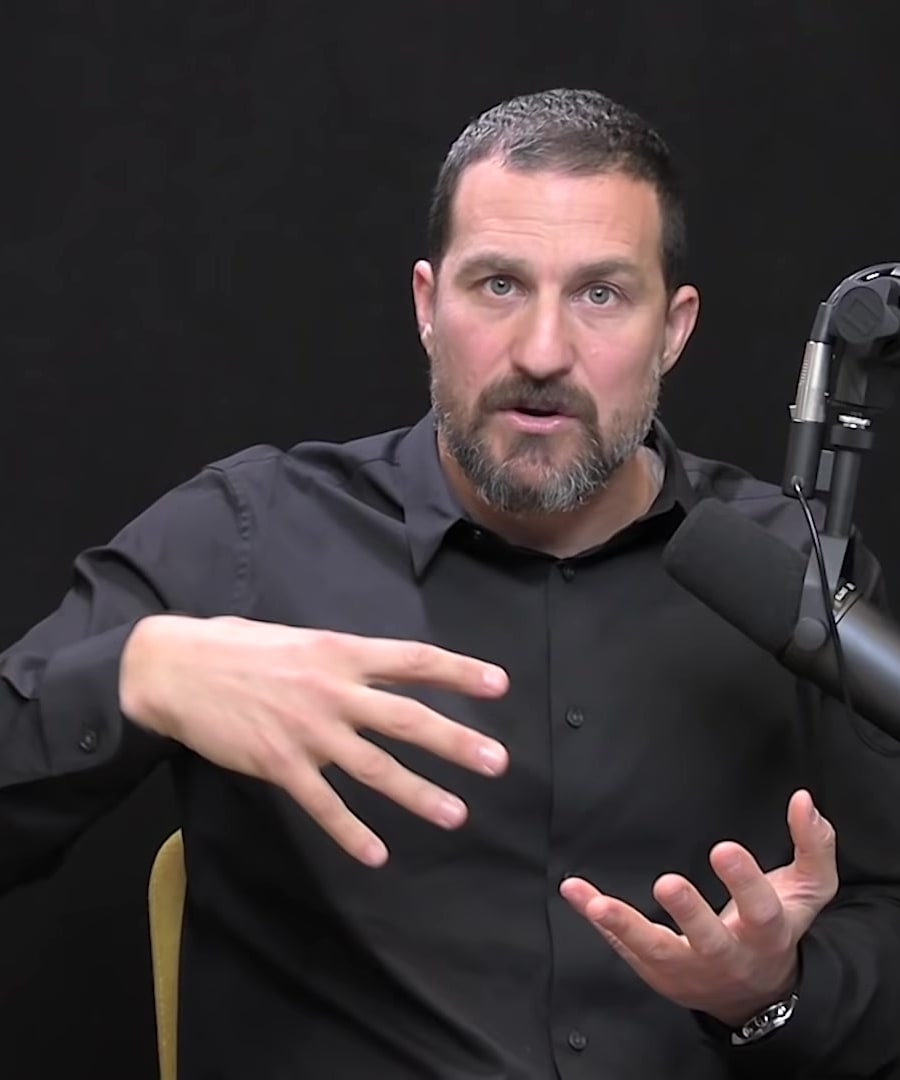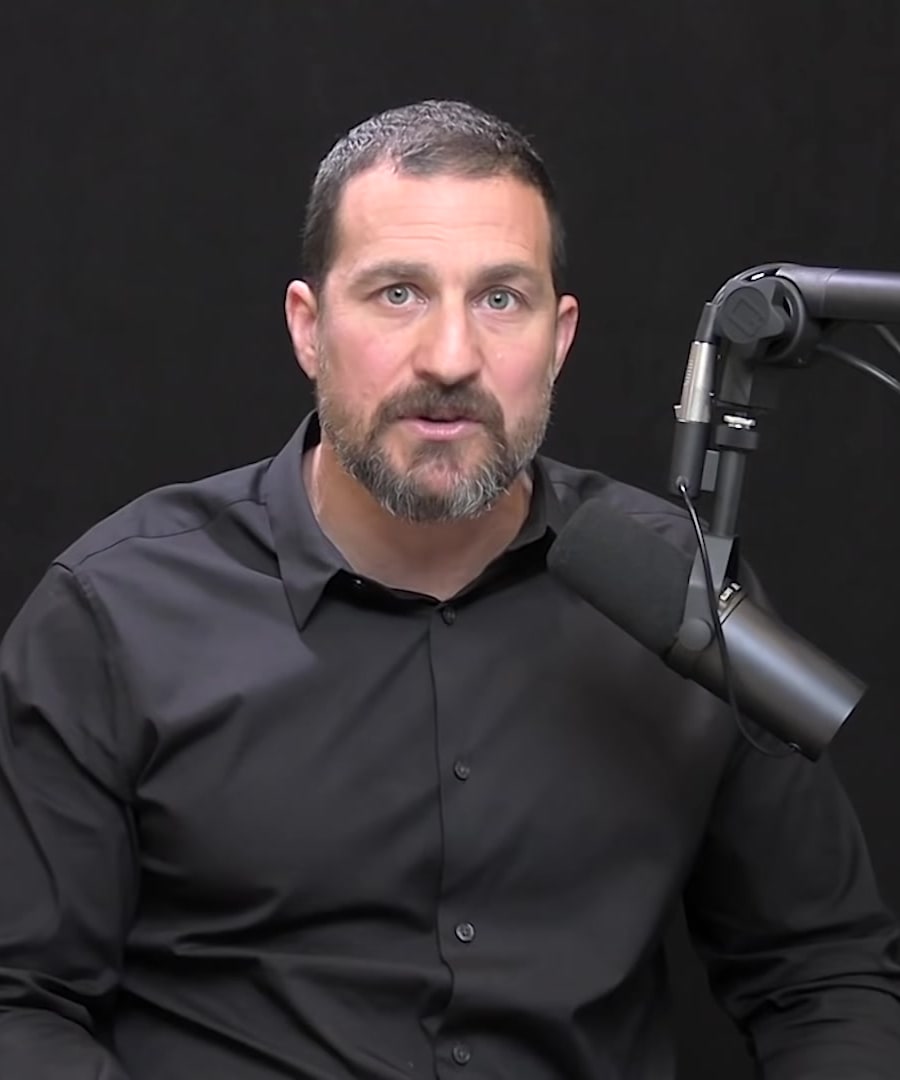What is non-sleep deep rest? (NSDR)
Sources:
Non-sleep deep rest (NSDR) is a term coined by that refers to a collection of protocols designed to induce a state of profound relaxation without sleeping. These practices, as explained on the , can significantly improve brain and body function, reduce anxiety, and support learning and brain plasticity 1.
highlights several forms of NSDR, such as meditation, yoga nidra, and hypnosis, that can lead to a deliberate shift toward deeper relaxation and can function as a tool for particular goals and outcomes. Hypnosis especially has been shown to accelerate learning within the brain 1.
NSDR is also beneficial in increasing learning rates when paired with 90-minute learning cycles — 20 minutes of NSDR following a 90-minute learning session can substantially enhance information retention and learning speed 2. Furthermore, NSDR can aid with sleep recovery, restore dopamine levels, help manage anxiety, and prepare one for focused work or re-engaging after waking 3.
discusses on the that NSDR offers emotional stability, better sleep, and enhanced wakefulness 4. It's highlighted that NSDR does not require extensive time, special devices, or ingestion of compounds; it relies solely on behavioral practices like controlled breathing 5.
For those interested in trying NSDR, has provided free resources and scripts on YouTube that avoid complicated or mystical language and emphasize scientific principles, such as long exhale breathing and body scans 6.
Thank you for your feedback!RELATED QUESTIONS
What is non-sleep deep rest? (NSDR)
- Thank you for your feedback!RELATED QUESTIONS





